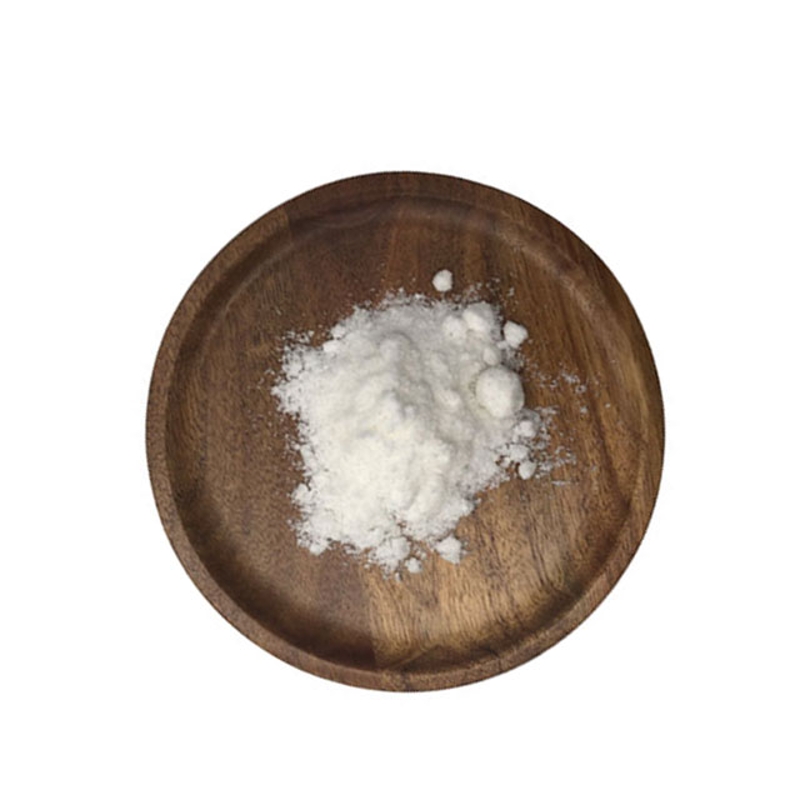-
Categories
-
Pharmaceutical Intermediates
-
Active Pharmaceutical Ingredients
-
Food Additives
- Industrial Coatings
- Agrochemicals
- Dyes and Pigments
- Surfactant
- Flavors and Fragrances
- Chemical Reagents
- Catalyst and Auxiliary
- Natural Products
- Inorganic Chemistry
-
Organic Chemistry
-
Biochemical Engineering
- Analytical Chemistry
- Cosmetic Ingredient
-
Pharmaceutical Intermediates
Promotion
ECHEMI Mall
Wholesale
Weekly Price
Exhibition
News
-
Trade Service
Amyotrophic lateral sclerosis (ALS), or "gradual freezing", is a heterogeneous multi-system neurodegenerative disease characterized by dysfunction of upper and lower motor neurons.
Although it is mainly considered to be a progressive motor disorder, cognitive and behavioral abnormalities are increasingly recognized as a clinical feature of ALS.
Although 5-15% of ALS patients may have clinical features of frontotemporal dementia, 30-50% of ALS patients may have more subtle cognitive and behavioral disorders.
At the pathological level, the development of cognitive and behavioral abnormalities is related to the accumulation of hyperphosphorylated TDP-43 protein in the motor outer cortex.
Cortical hyperexcitability has been reported as a pathogenic process of ALS, which is associated with motor neuron degeneration, disease evolution, and poor prognosis.
The degeneration of the inhibitory cortical motor circuit is related to the appearance of cortical hyperexcitability in ALS.
Given that cortical hyperexcitability increases with the development of the disease, it can be said that the accumulation of TDP-43 may mediate the evolving physiological abnormalities in ALS.
Given that cortical hyperexcitability increases with the development of the disease, it can be said that the accumulation of TDP-43 may mediate the evolving physiological abnormalities in ALS.
The Edinburgh Cognitive and Behavioral ALS Screening (ECAS) was developed as a specific tool to assess the cognitive and behavioral functions of ALS, providing specific (executive function, verbal fluency and language) and non-specific (recall, recognition memory) And visuospatial function) understanding of the cognitive domain.
Related to this, the ECAS score seems to predict the TDP-43 pathology of ALS.
Given that cognitive dysfunction and cortical hyperexcitability have become more prominent with the development of the disease, Mana Higashihara of the University of Sydney and others have explored the relationship between motor cortex excitability and cognitive impairment in ALS.
They used transcranial magnetic stimulation (TMS) to assess cortical excitability, and cognitive function was determined by the Edinburgh Cognitive and Behavioral ALS Screening (ECAS) scale.
The definition of cognitive impairment is ECAS<105.
Cortical hyperexcitability is defined as a decrease in short-interval intracortical inhibition (SICI), an increase in short-interval intracortical facilitation (SICF), excitability index (IE) and motor evoked potential (MEP) amplitude.
They included 40 ALS patients, 36% of whom had significant cognitive impairment (23 men, average age 62.
1 years).
The hyperexcitability of the cortex in patients with cognitive impairment is more prominent, manifested by the increase in short-interval intracortical promotion (SICF), excitability index (IE) and motor evoked potential (MEP) amplitude.
It is manifested by increased amplitude of short-interval intracortical promotion (SICF), excitability index (IE) and motor evoked potential (MEP).
SICF was independently correlated with ECAS score (β = 2.
410; p <0.
05).
The reduction in SICI was evident in ALS, and was more prominent in patients with reduced performance scores.
The important significance of this novel study is to find that the cortical hyperexcitability of ALS patients with cognitive impairment is more prominent than that of the control group.
Given that the ECAS scale score is an effective predictor of the pathology of TDP-43, the increase in cortical hyperexcitability may be related to the accumulation of TDP-43.
Given that the ECAS scale score is an effective predictor of the pathology of TDP-43, the increase in cortical hyperexcitability may be related to the accumulation of TDP-43.
The important significance lies in the discovery that the cortical hyperexcitability of ALS patients with cognitive impairment is more prominent than that of the control group.
Given that the ECAS scale score is an effective predictor of the pathology of TDP-43, the increase in cortical hyperexcitability may be related to the accumulation of TDP-43.
Original source:
https://n.
neurology.
Leave a message here







